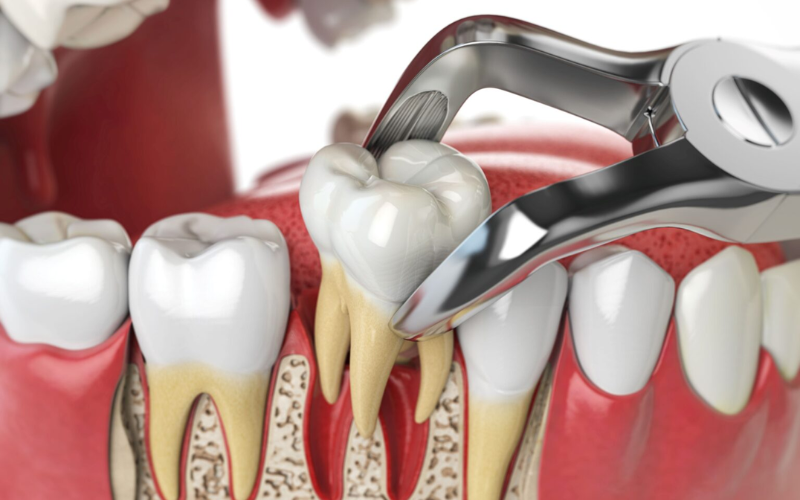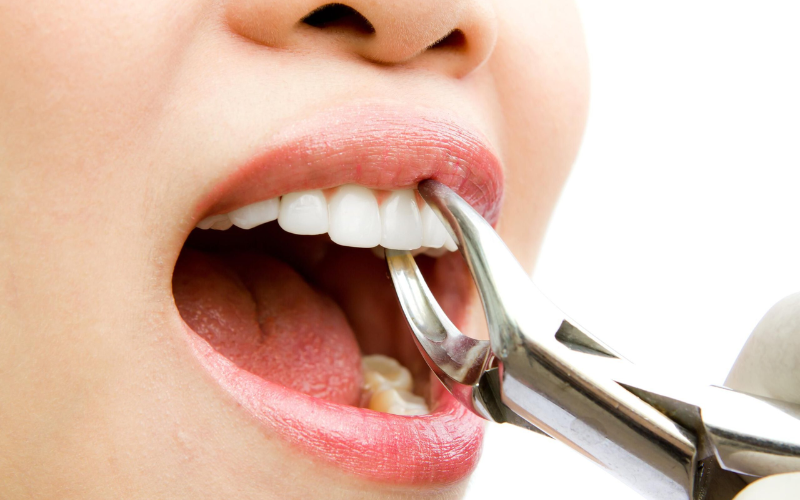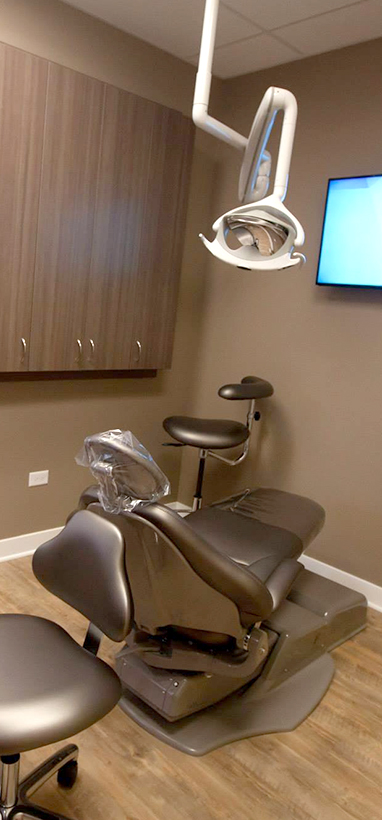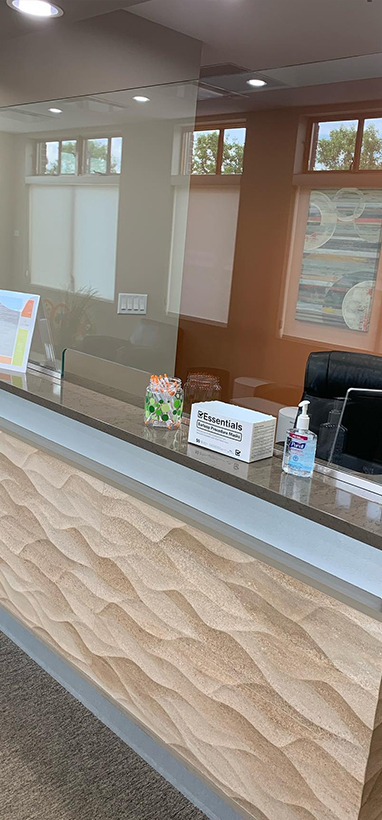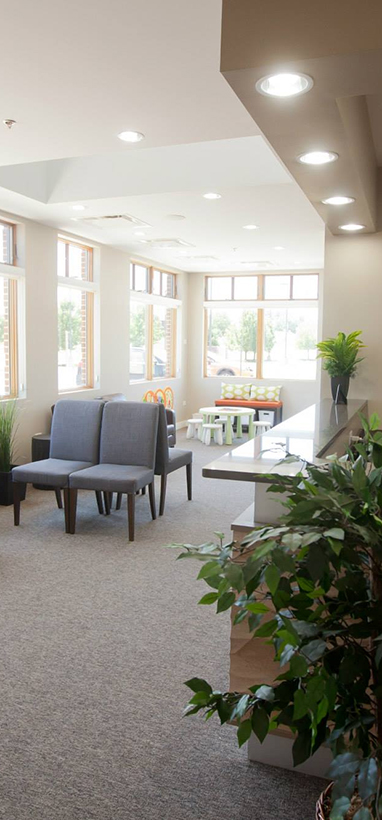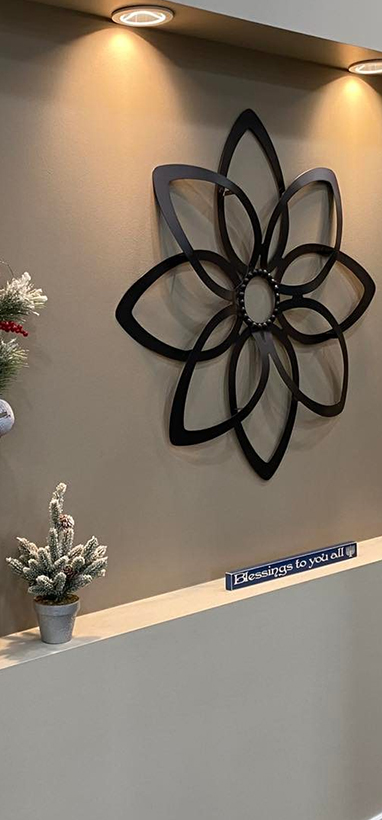1516 Legacy Cir, Naperville, IL 60563
Will You Need Antibiotics After a Tooth Extraction?
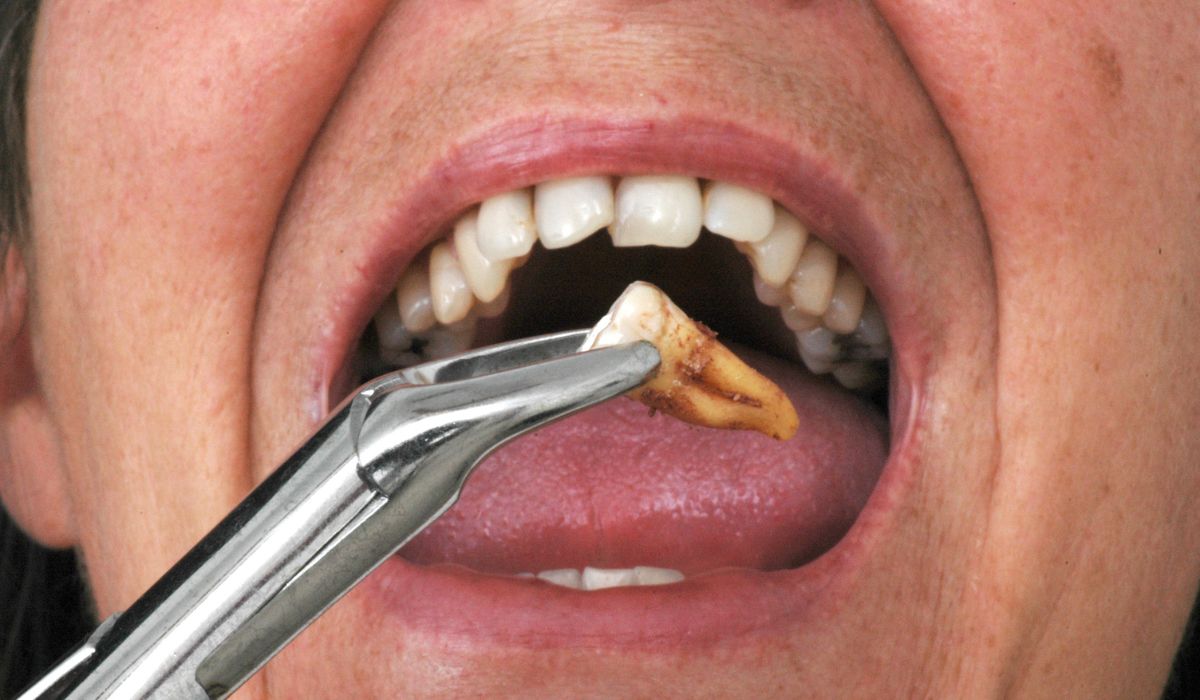
Tooth extraction can get complicated, and a few serious steps are required to mitigate the risks after extraction. The dentist prescribes antibiotics to prevent infections after the extraction. They are also used to increase the immune system and to cure other medical conditions. So, whether one needs them or not depends on the condition of the patient. One can take them after being prescribed by the professionals.
Reasons for Taking Antibiotics after Tooth Extraction
Professionals advise the use of antibiotics after examining a few distinct conditions. They are:
- To prevent high-risk factors like severe pain during the surgery.
- To make the immune system strong enough to survive the extraction
- To improve gum health and reduce the pain of extraction
- To mitigate heart-valve problems, which increase the risk factor of Heart endocarditis.
- To deal with problems like previous health issues or medical conditions.
- To prevent the bacterial infection from working after tooth extraction.
All these are serious problems, and thus, to prevent these issues, dentists advise taking such medication before or after tooth extraction.
Importance of Taking it
If the dentist prescribes that the patient take the antibiotics, the issue must be severe enough that it should not be avoided at any cost. It has definite importance; they are:
- Dentists advise examining a patient’s medical history before extraction. Everybody is different, and dentists use medical science to treat them. Tooth extraction in Naperville is a popular method that distinctly treats every patient and advises them on the best medication to ease the pain.
- Antibiotics create antibodies in the body that strengthen the body’s immunity. It is needed before the extraction to reduce the pain and build the
- So it prevents bacterial infection and reduces other mental anxiety among the patients.
- Antibiotics are required to prevent decay and reduce the pain after the extraction.
So it is clear why antibiotics are essential for patients with serious adjoining issues that help mitigate those problems.
Other Ways to Avoid It
If a patient is facing problems like dizziness, nausea, or difficulty with digestion from taking such high-dose medicines, then there are a few remedies to avoid them. Like:
- Patients must consult a doctor before stopping them, primarily discussing the problems after taking them.
- Eat nutritious food to boost the immune system. Food acts as natural healing, with the power to combat bacterial and external radicals, helping to reduce the possibility of infection.
- Routine maintenance, such as brushing, flossing, and using mouthwash, can prevent decayed teeth and lessen the possibility of tooth extraction.
- Overall, good oral health has no substitute that can have a positive influence on the recovery rate after extraction.
- After the extraction, one needs to be extra careful and follow other forms of medication that are essential for recovery.
- Changing the habits of smoking and consuming alcohol is very much needed to make the immune system strong.
One can incorporate these ways to avoid it, depending on their conditions.
Antibiotics are a type of medication that reduces pain and can externally support bodily function to combat the bacterial reaction. They are taken before the extraction to increase the immune system’s power to sustain the extraction’s pain and reduce the risk of infection. Whether an individual should take antibiotics depends on their body function and immunity. The medicine helps to ease the problem that natural procedures lack, so dentists advise them to follow it for a few days.




